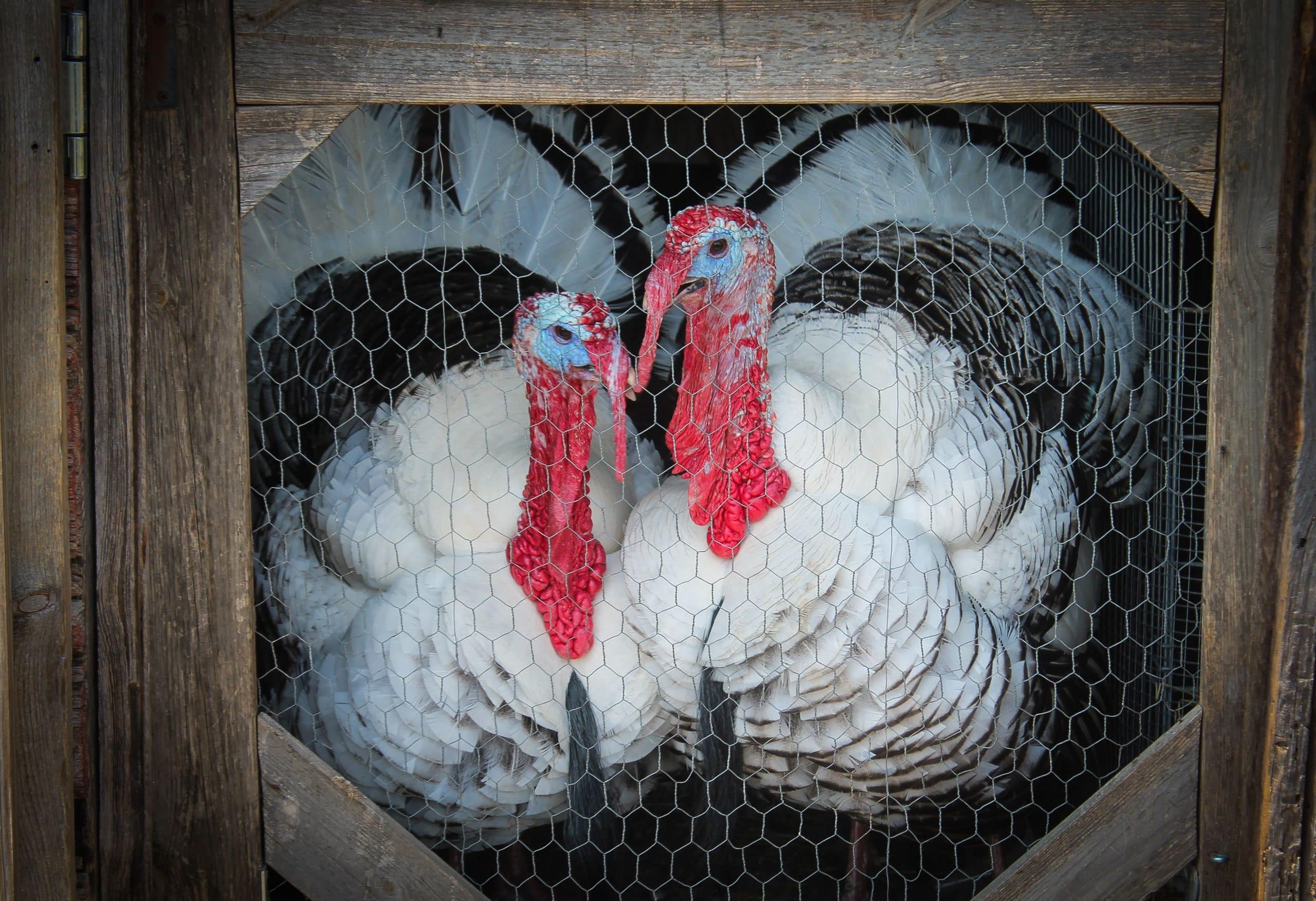How to Create a Nutrient-Rich Diet Plan for a Parakeet?

In the world of avian pets, parakeets, or budgies as they are commonly known, are among the most popular choices. Their vibrant colours, playful nature, and cheerful chirping make them a joy to have around. However, keeping a pet bird healthy is not as simple as just filling their feeders with seeds. Providing a balanced and nutritious diet for your bird is crucial for their health and longevity. In this article, we’ll guide you on how to create a diet plan that’s rich in essential nutrients for your parakeet.
The Importance of a Balanced Diet for Your Parakeet
For your parakeet to thrive, it needs a diet filled with a variety of food groups, not just seeds. While seeds are an important part of their diet, relying solely on them can lead to deficiencies and health issues. Let’s delve into what constitutes a balanced diet for your feathered friend.
A découvrir également : What Are the Safe Heating Solutions for a Reptile’s Winter Habitat?
Birds require a balanced diet to maintain optimal health. Just like us, birds require carbohydrates, proteins, fats, vitamins, and minerals. Unlike our diets, the bird’s diet is often high in seeds and nuts, which can be too fatty if consumed in large amounts. A diet composed only of seeds can lead to obesity, malnutrition, and a host of illnesses.
Budgies, in their natural habitat, eat a variety of food that includes seeds, fruits, vegetables, and even small insects. Mimicking this diversity in their diet is key to ensure their nutrition needs are met.
A lire également : How to Train a German Shepherd for Search and Rescue Tasks?
A balanced diet for your pet bird will include seeds, but also fresh fruits and vegetables, quality bird pellets, and plenty of fresh water. Occasionally, you can also include a small quantity of cooked eggs or lean meat for added protein.
The Role of Pellets in a Parakeet’s Diet
We’ve established that seeds alone aren’t enough for a parakeet’s diet. Now, let’s explore the role of bird pellets. These are a convenient way to ensure your budgie gets the key nutrients it needs.
Bird pellets are a valuable addition to your parakeet’s diet. They are formulated to provide a comprehensive nutritional profile, including essential amino acids, vitamins, and minerals. Pellets are usually made from a mix of ground grains, seeds, vegetables, and fruits, with added vitamins and minerals.
Because pellets are a complete food, they can make up a significant portion of your bird’s diet. However, they should not completely replace other foods.
The transition from a seed-based diet to one that includes pellets can be a gradual process. Start by mixing a small amount of pellets with the seeds. Over time, gradually increase the proportion of pellets until they make up about 50% of the diet.
The Significance of Fresh Fruits and Vegetables
Next, let’s highlight the importance of fresh fruits and vegetables in a budgie’s diet. They are a vital source of vitamins and minerals, which contribute to your bird’s overall health.
In addition to seeds and pellets, your parakeet’s diet should also include fresh fruits and vegetables. These provide vital nutrients, such as vitamin A, vitamin C, and dietary fiber. They also add variety to your pet’s diet, which can help prevent boredom and stimulate your bird’s natural foraging behaviors.
Offer a variety of fruits and vegetables to your parakeet. Apples, pears, bananas, oranges, strawberries, grapes, spinach, kale, broccoli, carrots, and sweet potatoes are all excellent choices. Aim to make fruits and vegetables about 20-30% of your bird’s diet.
Remember to wash all fruits and vegetables thoroughly before offering them to your bird to remove any pesticides or contaminants. Also, remove any uneaten food from your bird’s cage daily to prevent spoilage.
Hydration: The Role of Water in a Parakeet’s Diet
Finally, let’s touch on a vital but sometimes overlooked aspect of a parakeet’s diet: hydration. Water plays a crucial role in your bird’s health, so let’s explore its importance.
Water is a fundamental part of the diet for all living organisms, and parakeets are no exception. Birds, like humans, are made up mostly of water, so sufficient hydration is crucial for their overall health.
Ensure your parakeet always has access to clean, fresh water. Change the water in their cage at least once a day, and more often if it becomes contaminated with food or droppings.
Water also plays a role in your bird’s diet beyond simple hydration. It aids in the digestion of food and absorption of nutrients. Additionally, birds use water for bathing, which helps keep their feathers clean and healthy.
In conclusion, creating a nutrient-rich diet plan for your parakeet involves providing a balanced diet that includes a mix of seeds, pellets, fruits, vegetables, and ample water. By keeping these tips in mind, you can ensure your feathered friend leads a healthy, happy life.
Homemade Bird Food: Safety and Preparation Guidelines
The idea of preparing homemade bird food can be enticing for many parakeet owners. This section will give you guidance on how to safely prepare and offer homemade foods to your feathered friend.
When it comes to preparing homemade bird food for your parakeet, it is crucial to ensure that the foods are safe and appropriately prepared. Raw or undercooked meat can contain harmful bacteria, and some fruits and vegetables can be toxic to birds if given in large quantities. Therefore, it’s essential to learn about safe food handling practices and the dietary needs of your pet bird.
One of the key aspects of cooking for your pet bird is preparing the food in a way that is easy for them to eat. Seeds should be hulled, and fruits and vegetables should be chopped into small, manageable pieces. This makes it easier for your bird to eat and ensures they can consume the maximum amount of vitamins and minerals from their food.
When preparing homemade bird food, keep the ingredients as natural as possible. Avoid adding salt, sugar, or other seasonings that can be harmful to birds. Also, never feed your bird anything that has gone bad or is spoiled. This can lead to serious health issues.
Despite the benefits of homemade bird food, it’s important to remember that it should not replace a balanced diet composed of seeds, pellets, fruits, vegetables, and fresh water. Homemade food should be seen as a supplement to a balanced diet, not a replacement.
Ending Note: Enriching Your Parakeet’s Life with a Nutrient-Rich Diet
In conclusion, adopting a nutrient-rich diet for your parakeet can significantly contribute to their health, happiness, and longevity. The following are some final tips and pointers to keep in mind.
Taking care of a parakeet involves more than just providing a bird cage and a seed diet. A parakeet’s diet should be balanced and diverse, including seeds, high-quality bird pellets, fresh fruits and vegetables, and plenty of clean water. Hydrating your parakeet and ensuring they intake appropriate vitamins minerals is also crucial.
Homemade bird food can be a great addition to your parakeet’s diet, especially when prepared with fresh, natural ingredients that add variety and essential nutrients. However, remember to prepare the foods appropriately to ensure your bird’s safety and health.
Understanding the dietary needs of parrots and parakeets can seem daunting at first. Still, with time and commitment, you can create a diet plan that suits your bird perfectly, ensuring they get all the nutrition they need.
A nutrient-rich diet can also help prevent common health issues in pet birds, such as obesity and nutrient deficiencies. So by paying close attention to your bird’s diet, you’re not only enhancing their quality of life but also potentially extending it.
After all, the ultimate goal of bird care is to ensure your feathered friend is not just surviving, but thriving. So take a step today towards creating a nutrient-rich diet for your parakeet, and enjoy the joy and companionship they bring for many years to come.
